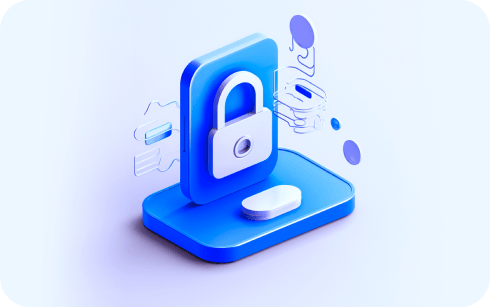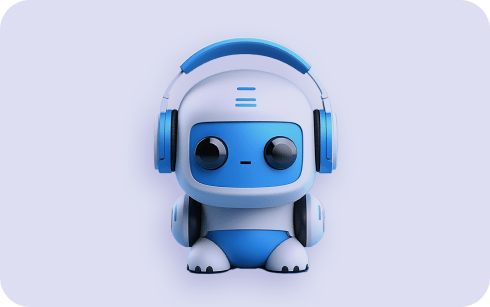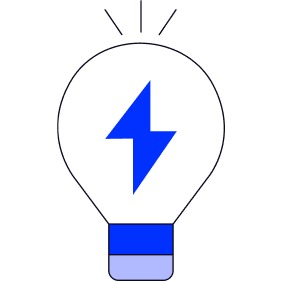
Improved Customer Service
NLP aids in understanding customer sentiments for tailored responses.

Natural Language Processing (NLP) is a dynamic branch of artificial intelligence that enables computers to understand, interpret, and respond to human language. It’s a technology that spans structured and unstructured data, handling not only well-organized, traditional datasets but also diverse forms of unstructured information such as emails, videos, and PowerPoint presentations. By leveraging NLP, machines can extract meaningful information from these varied data types. For example, NLP can analyze the spoken words in a video presentation (unstructured data), convert it into text, and further process it to extract insights or summaries, thereby creating a structured output from an unstructured input.
Natural Language Processing (NLP) unlocks a myriad of benefits, making computer interactions more human-like and comprehensible.


NLP aids in understanding customer sentiments for tailored responses.

It aids in detecting suspicious activities through text analysis.

NLP can extract valuable information from unstructured data

It gauges public opinion on products or services.

NLP provides accurate translations, enabling global communication.

Through NLP, virtual assistants can understand and fulfill user commands.












Natural Language Processing (NLP) is reshaping various industries and workplaces today. In the healthcare sector, it’s used to extract insights from unstructured patient records, enhancing care delivery. The financial industry utilizes NLP for sentiment analysis to predict market trends. In customer service, NLP is employed to improve chatbot interactions. Within tax administration, NLP helps to process and analyze a multitude of tax filings and documents for accuracy and fraud detection. The hospitality industry uses it to comprehend and respond to customer feedback and reviews. Finally, in the tech sector, it powers voice assistants and search engines, revolutionizing human-computer interaction.
















Robotic Process Automation (RPA) greatly benefits from advancements in Artificial Intelligence (AI). While RPA is excellent at following rules-based processes, AI provides the capability for RPA bots to learn, adapt, and make decisions, enhancing their functionality. AI-powered cognitive capabilities like Natural Language Processing (NLP), Machine Learning (ML), and Computer Vision enable bots to understand and respond to text or voice commands, learn from historical data, and recognize images, respectively. For instance, in customer service, AI-powered RPA can analyze customer sentiments in real-time, allowing bots to handle customer complaints and queries more effectively, delivering personalized responses and improving overall customer experience.